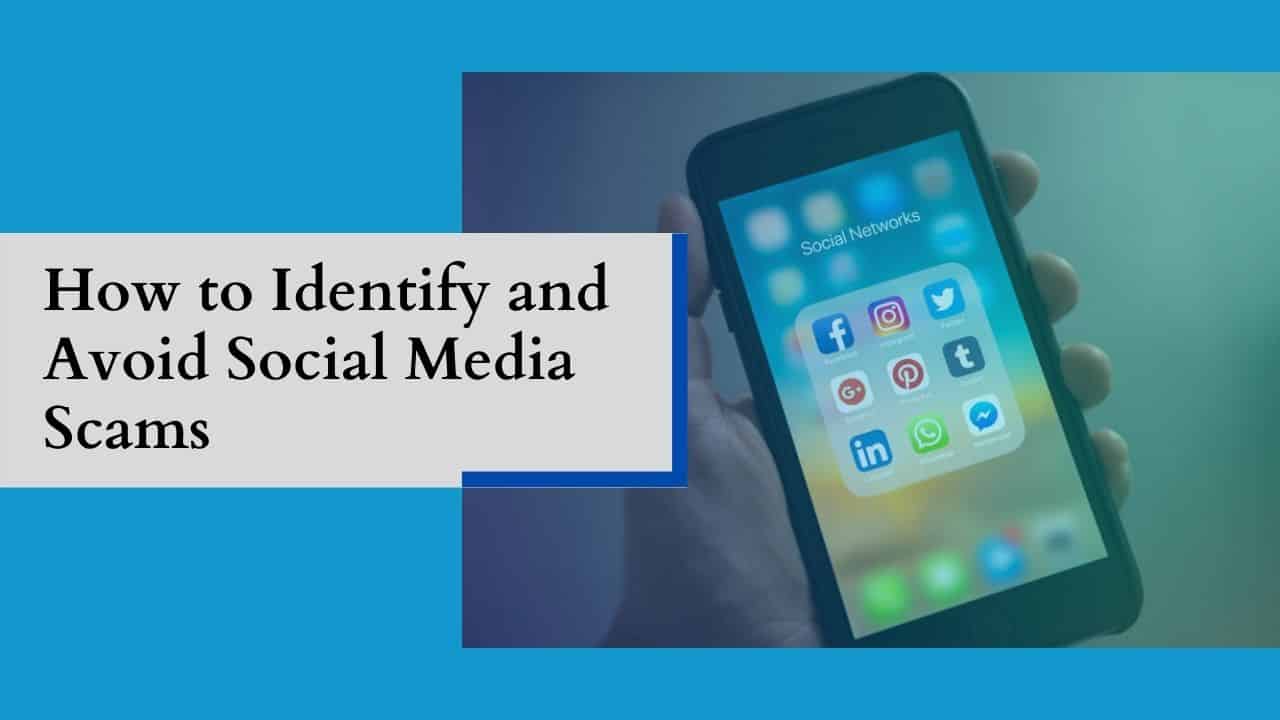Social media is not a scam itself, but it is the upcoming cybercrime platform. Recent trends show that, since the start of the pandemic, scammers are showing even more aggression. Identifying these social media scams may help you prevent damage to your business.
These scammers head to where most people are and prey on them there. According to Digital 2020, July Global Snapshot, more than 50% of the population uses some form of social media communication. There is also a report showing that 73% of Americans use YouTube, 69% use Facebook, and 37% use Instagram [according to The Pew Research Center’s Social Media Fact Sheet].
There are several types of attacks that fraudsters use to hack into social media accounts. They attempt to break user accounts with stolen verification information such as:
- Personal data shared with friends and colleagues for stolen accounts
- Shared user information
- Important business information
They also can pretend to be a communications user to take over an account.
Due to the prevalence of social media accounts, many scammers act anonymously by joining social media communities. They create false profiles that are normally not verified and thus it is nearly impossible to track them down.
Types of Social Media Scams
It is critical to stay up to date with the latest social media scams, especially with Twitter, LinkedIn, and Facebook. Here are other methods to identify scams:
- Messages from strangers
- Someone asking for your personal information
- Someone asking you to send gift cards, money, or something else of value
- Hard pushes for a commitment
- Messages with a sense of urgency such as “take action now,” or if it lists an expiration date
- Messages stating that they cannot meet you in person with excuses such as “in the military” or “working out of the country”
- Messages that give you the impression that it is an “emergency”
How to Avoid Social Media Scams
By following these tips, you can protect yourself from falling prey to social media scams and enjoy a safer and more secure online experience. Here are some of the steps you can take to protect yourself from scammers:
- Always keep your account information confidential
- Always use advanced media settings
- Only connect with friends or business associates that you know
- Access account information over a secure connection
- Search to find information about an unknown user if you are suspicious
- Install anti-virus software on all devices
- Never transfer money to anyone you online, even if you know them
- Report suspicious activity to the authorities
Conclusion
Social media brings people together and can provide you with an affordable way to market your business services. But you must be alert to protect yourself and your business from scams. These tips can allow you to take advantage of social media while mitigating the risks to your business.
If you want to learn more about protecting your data and creating a strong defense against scammers, contact CMIT Solutions of Cincinnati & NKY today. Our experts are ready to help you with all of your IT needs.




